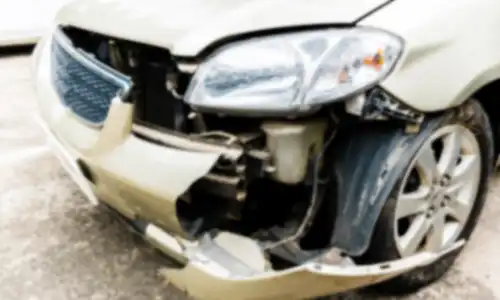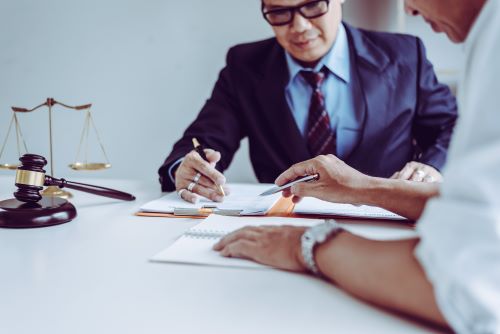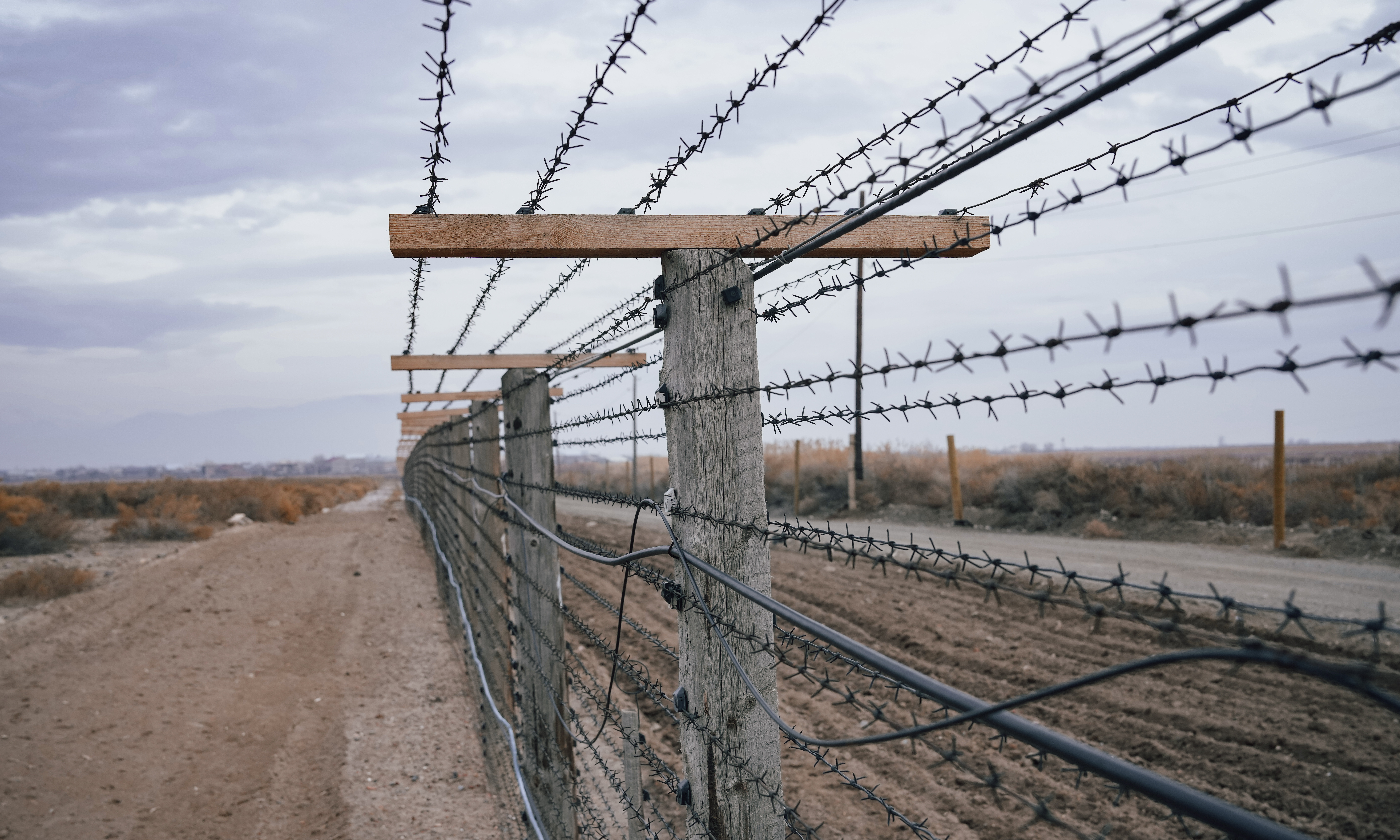 In the days following a car accident, obtaining a police report is vital for your insurance claim. When officers respond to the accident scene, they will compile a report, typically within 1-2 weeks. We’ll guide you through the process of obtaining and interpreting this crucial document.
In the days following a car accident, obtaining a police report is vital for your insurance claim. When officers respond to the accident scene, they will compile a report, typically within 1-2 weeks. We’ll guide you through the process of obtaining and interpreting this crucial document.
Upon receiving the accident report, many injured people seek to recover their losses from the responsible party’s insurance provider. However, they often contend with challenges, such as denied claims or underestimated damages.
At Singh Ahluwalia Attorneys at Law, our team of legal experts is ready to assist you in handling these issues and pursuing compensation for your injuries and property losses. If you or someone you care about is recuperating from a car accident, please contact us for a complimentary consultation.
We’ll assess your case, address your concerns, and explore potential avenues for compensation.
Contact the Mendota Police Department to Obtain Your Car Accident Report
The Mendota Police Department recommends you contact them for a copy of your accident report. Their contact information is:
Mendota Police Department
1000 Airport Boulevard Building A
Mendota, CA 93640
(559) 655-9120
The Mendota PD is open from 8 AM to 5 PM, Monday through Friday. If you call, please ask for the Records Unit, which maintains records of car accidents and other incidents.
You can expect to be asked for the following information:
- The incident number, date, time, and location of your accident. You can usually find this information on the paperwork provided by the responding officer.
- Your name and connection to the accident. In California, accident reports are only released to those with a right or need to know. Generally, this includes drivers, passengers, injured parties (including vulnerable road users like pedestrians), owners of damaged property, witnesses, a reporting party, parents or guardians of minors involved in the collision, or representatives of one of the above parties.
- The number of report copies needed.
- How you would like to pay. A report costs $14.
If your request is approved, someone from the Records Unit will arrange a way for you to pay and obtain the report. They usually prefer to use the mail for payments and reports.
How Is Fault Determined on a Police Report?
The purpose of a police report is not to definitively determine fault but to compile information that other parties can use to decide where the fault lies. Most of the time, one or more insurance adjusters establish fault after reviewing all the evidence, including the police report. Rarely a car accident case may be decided in court.
The second page of the report contains the responding officer’s conclusions about “contributing factors.” These include observations about the weather, lighting, road conditions, and whether traffic controls were functional.
Additionally, the officer will note any traffic violations, such as speeding or running a stop sign, and if either driver was intoxicated.
Another section of page two describes the vehicles’ movements that led to the accident, such as stopping, turning right or left, moving straight, etc. In some cases, the insurance adjuster may use information in this section to indicate fault.
We recommend that you read page two carefully to ensure the accident events are represented accurately. Although the responding officer will do their best to determine the facts, they may have to deal with conflicting accounts from drivers and witnesses and a lack of evidence at the scene.
If you believe there is an error in this section, please bring it to the attention of your Mendota car accident attorney right away. We can investigate, and if we find evidence to support your version of events, we might be able to challenge the police report.
What if the Report Indicates Both Drivers Made Mistakes?
You might be surprised at how often this happens. Frequently, people think of a car accident as being one driver’s sole responsibility, but in many cases, it isn’t.
Both drivers can contribute to a traffic collision, and California law makes allowances for these situations. Under pure comparative negligence rules, you can still recover some of your damages unless you are 100 percent at fault.
Pure comparative negligence statutes require each party to an accident or injury to take responsibility for their own share of the damages. When a driver is 25 percent at fault, for instance, they can recover 75 percent of their damages from the other party’s insurance, and vice versa.
So, if you believe you made a mistake that contributed to the crash, that does not necessarily mean you’re out of luck. However, you should not admit fault or discuss the situation with anyone other than your lawyer—some people incorrectly think they were at fault when they did nothing wrong.
Your attorney will also help you evaluate any offer from the insurance company, which may be based on the insurance adjuster’s opinion of how much fault you have. In some cases, we find the adjuster has overinflated the injured party’s contributions and, as a result, made a settlement offer that’s smaller than it should be.
When this occurs, we fight for a fair accounting of the client’s actions and an appropriate settlement.
Where Can You Get Help Interpreting Your Police Accident Report?
If you or someone close to you is in the process of recovering from a car accident, we encourage you to reach out to Singh Ahluwalia Attorneys at Law for a complimentary consultation. Our experienced Fresno car accident lawyers will review the accident report with you and present avenues for compensation recovery.
If there is a way to recover some or all of your losses, we will diligently pursue it on your behalf. Remember, you incur no fees unless and until we successfully resolve your case, so please feel free to contact us for further details.
Deepak Ahluwalia, the firm’s founder and managing partner, has been recognized as one of the American Bar Association’s Top 40 Under 40 Lawyers. His accomplishments have attracted attention from prominent national media outlets, including NPR, The Wall Street Journal, The Guardian, Los Angeles Times, BBC, and CNN.
With an unwavering dedication to providing legal support to those in need, Mr. Ahluwalia tirelessly advocates for the rights of his clients, ensuring they receive the representation they deserve. Call him today at (559) 878-4958.


